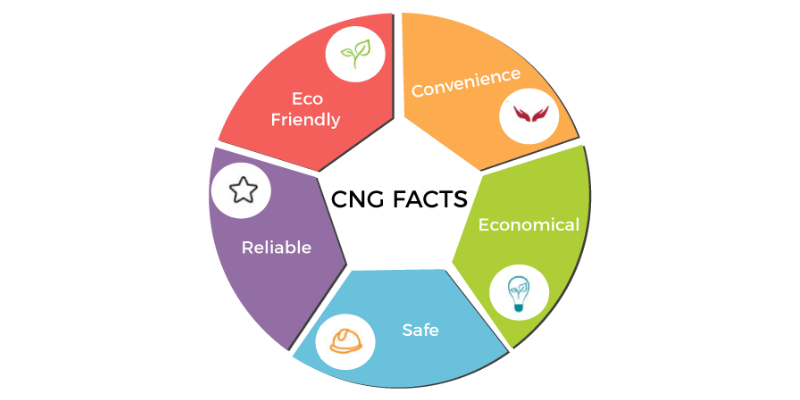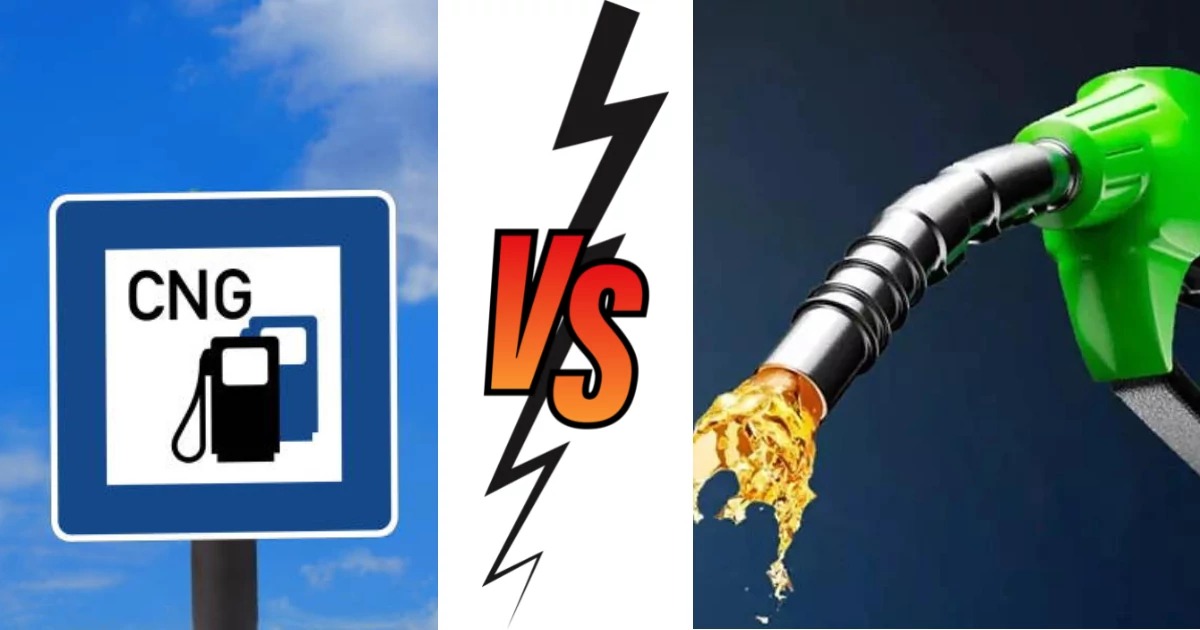The future of CNG looks bright, with more and more countries promoting the use of CNG to reduce carbon emissions and improve air quality. According to a report by the International Energy Agency, the number of natural gas vehicles (NGVs) is expected to reach 25 million by 2030, up from 22.5 million in 2018. This growth can be attributed to the numerous advantages of CNG over traditional fuels, such as lower emissions, lower fuel costs, and increased engine life.
Despite the competition from electric vehicles, CNG still has a promising future. For one, CNG is still more widely available and accessible than electric charging stations, particularly in developing countries. In fact, the global CNG market is expected to grow at a compound annual growth rate of 11.7% from 2021 to 2026, according to a report by Mordor Intelligence. This growth can be attributed to several factors.
Firstly, CNG is still a more affordable fuel option compared to gasoline or diesel. With rising oil prices and increasing environmental regulations, more consumers and businesses are looking for ways to save money and reduce their carbon footprint. CNG offers a solution to both of these challenges. Secondly, CNG vehicles have lower emissions compared to traditional gasoline or diesel vehicles. They emit fewer greenhouse gases, which can help combat climate change. As governments around the world become more serious about reducing emissions, they are likely to incentivize the use of CNG vehicles. Thirdly, CNG vehicles are becoming more efficient and have longer ranges than ever before. This is thanks to advancements in technology, such as the development of lightweight tanks and more efficient engines. As CNG vehicles become more efficient, they will become even more attractive to consumers and businesses.
Conclusion
Hence, the future of CNG has great potential. Despite the competition from electric vehicles, CNG still has several advantages that make it a viable alternative fuel source for transportation. As technology continues to improve, CNG vehicles will become even more efficient and accessible. Additionally, with rising oil prices and increasing environmental regulations, more consumers and businesses are likely to turn to CNG as a more affordable and environmentally friendly fuel option. Therefore, the CNG market is expected to grow in the coming years, and it will likely play a significant role in the future of transportation.







